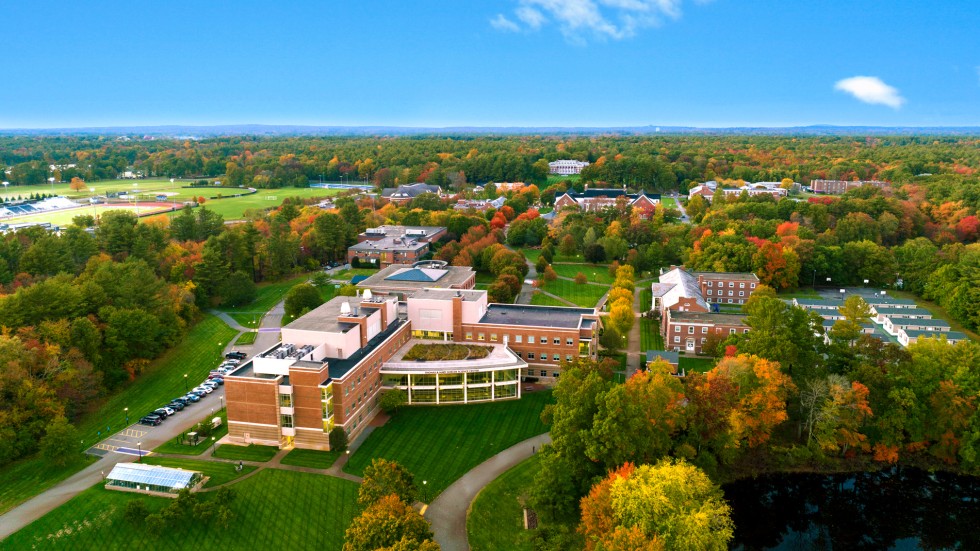The Major
Students completing the major with success will be well-equipped for entry level work in the non-profit, commercial and government sectors in the non-technical aspects of environmental work (education, outreach, advocacy, organizing, etc). Such students will also be prepared to undertake a Master’s degree in Environmental Studies, policy or planning – the industry standard for environmental policy work in all three sectors of the economy, government, non-profits, and commerce.
Those completing this major along with preparation for an elementary or early-childhood teaching career will find themselves well-equipped to better prepare future generations for scientific literacy and a sustainable future. In addition, science backgrounds such as the one this major provides are valued by school districts yet remain rare among applicants for such teaching positions.
Students considering entry-level work as environmental scientists and/or graduate degrees in Environmental Science are advised to supplement this degree with additional science courses, or to pursue a Biology or Chemistry major instead.
All students considering graduate work in any field, including Education, are advised to take MTH 225 - Statistics for Science (which also fulfills the Cornerstone statistical reasoning requirement).
The major requires eleven courses, eight in the natural sciences, two from the social sciences/humanities, and one Capstone.
